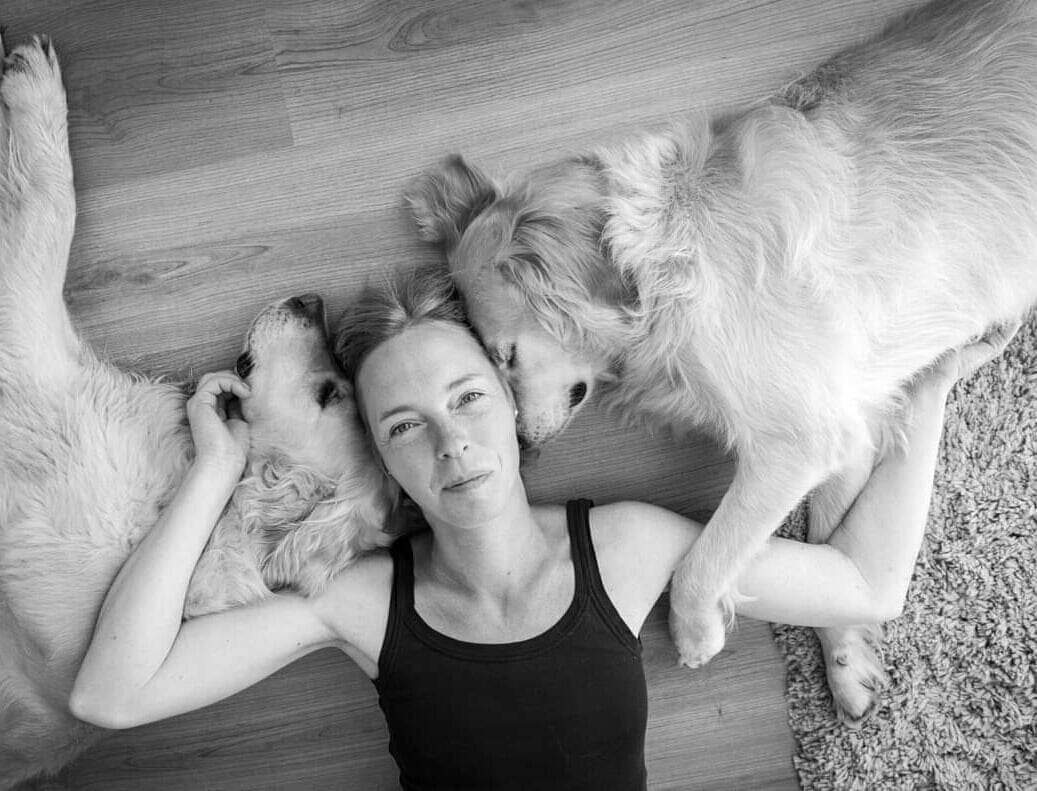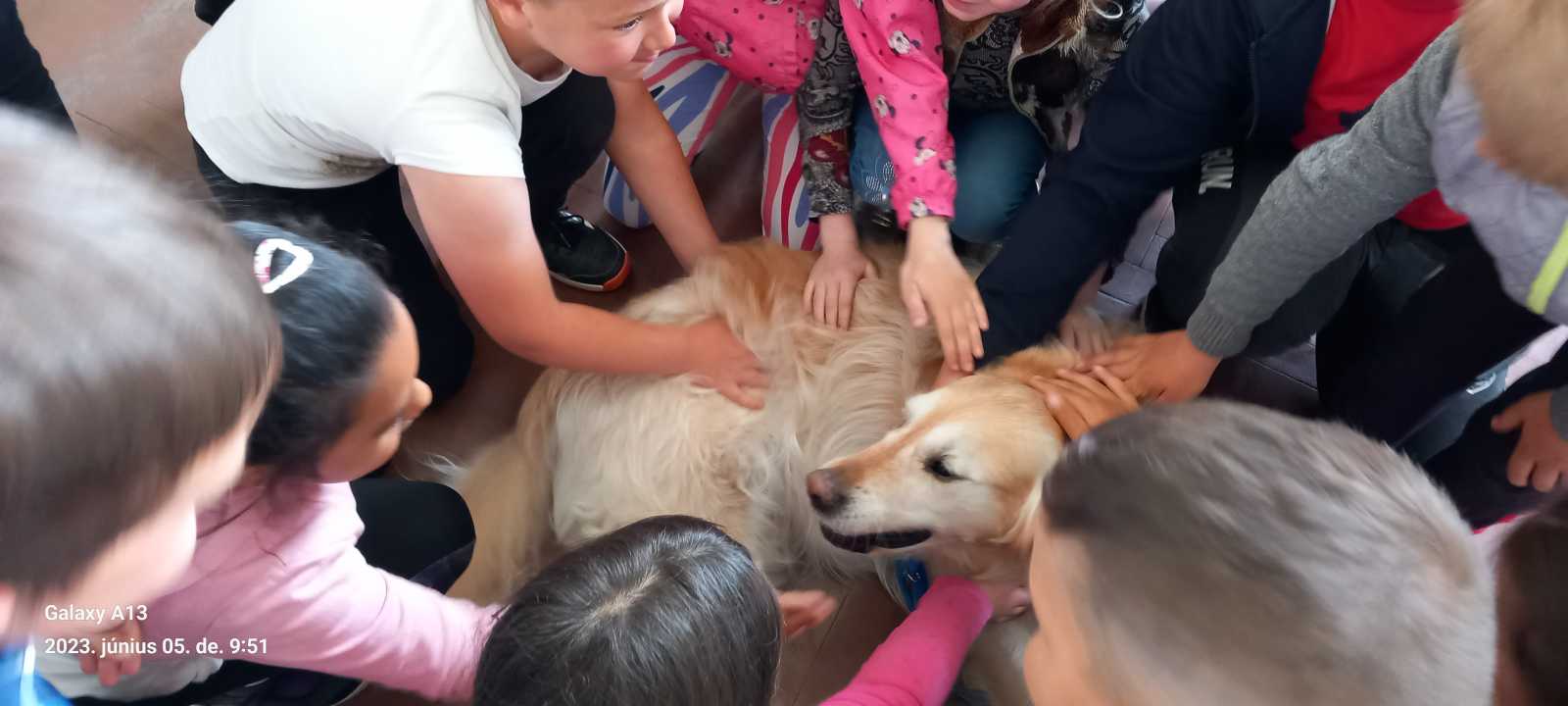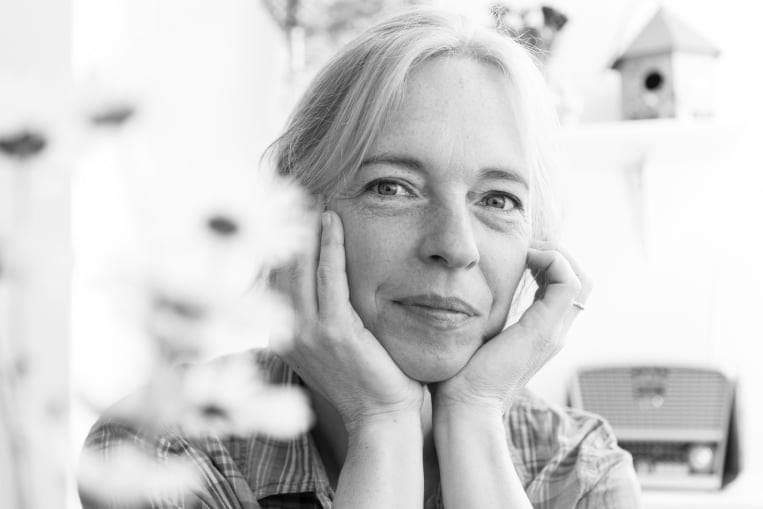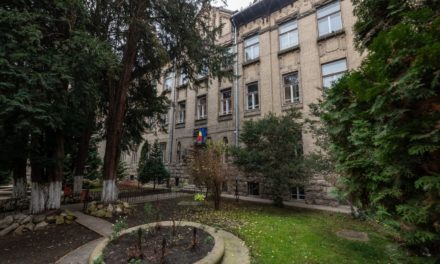Mariann Szénási does not see dog therapy as an opportunity to make money, she says that she "serves this field" and often undertakes the tasks for free. Interview.
Mariann Szénási is a spiritual caregiver and kindergarten teacher at the Csíkszereda County Emergency Hospital, a staff member at the Early Development Center in Csíkszentmárton, and at the child psychiatry center in Csíkszereda, and more recently as a staff member of adult psychiatry.
In his spare time, he leads groups based on emotional intelligence development, where he teaches love for oneself, life and fellow human beings. But not alone! After all, man has never been the greatest teacher of love - or at least of unconditional attachment and joy - the true role model for this can only be the dog. So he travels Székelyföld with his four-legged companion, Mogyoro, and with the furry, full-hearted but silent "therapist" by his side, he makes even the most despondent, sickest child or adult smile.
They not only heal the soul, but also train them to be responsible dog owners
In the last period, they focused not only on healing mentally or physically injured and sick children, but also built a program based on responsible animal husbandry in the schools of Csikszék. "The program was written by teachers, specifically for schools. For eight years now, I've been spreading knowledge by region in Transylvania," explained Mariann, emphasizing that responsible animal husbandry is in its infancy in this country, which is why it's good that a dog can also be present at the sessions, because knowledge based on experience seeps into the guts of the human seedling. Especially if it uses emotional intelligence as its leverage.
As he said, his work ethic from the beginning has been that he is available to children and their desperate parents at any time, if they have a problem at night, they can call them, and it is not uncommon for him to visit them in the hospital as well. Ars poetica that
"it is good if a person knows why he was born on Earth", and since he himself has found the meaning of his life, he does not get tired of practicing it.
Enlightened, the animal forms a bridge between the human problem and the task solution. And the dog can help in several ways: on the one hand, there is animal-assisted therapy, in the framework of which the dog only accompanies the child in the various processes, but does not actively participate in solving them; on the other hand, there is also active participation, when the four-legged friend performs specific tasks with the child. Both have different objectives, the most important thing is that the animal solves anxiety and integration problems, improves learning difficulties, and eliminates all kinds of things that have a social background or behavioral problems.

Photo: Maszol/ photographer Hunor Turcza (Mariann Szénási's own archive)
There are cases when things happen spontaneously, sometimes the therapist himself finds the problem that needs to be dealt with. But it also happens that you help from the background or in the simplest possible way: in psychiatry, for example, your job is to go around the ward so that people can caress you - this releases a variety of hormones and energy in the patients, since caressing and touching in itself has healing power.
One of Mariann Szénási's heartaches is that the helping profession does not really use dog therapy methods, even though she herself has dealt with hundreds of children, which shows that alternative therapy is needed. Often the mothers or the people involved visit him, if they need the dog, they ask for the help of the four-legged friend, if joint work is not justified, then they talk in his presence until the child is freed from his burdens.
He himself does not see dog therapy as an opportunity to make money, he says that he "serves this field" and often undertakes the tasks for free.
This is precisely why her word spreads by word of mouth: she is the aunt whose dog listens to the children's problems.
There is no doubt that the people of Csíkszék are talking about them, as they have had no shortage of success stories in recent years: for example, they solved the problems of a preschool-aged girl who was brought up in a children's home, who is now in school and is the best student in her class, even though she was initially separated from her family, separated from her siblings, he was an anxious creature.
The educators of the children's home requested the help of the therapist and her dog, because "the little girl completely withdrew from her social environment, peed herself, and behaved very aggressively. The situation was special because both dogs were actively involved," recalled Mariann Szénási, emphasizing that the little girl whispered her problems to Dio and played with Mogyoro.
This went on for a few weeks, when they noticed that he was no longer peeing, and after another few weeks it became obvious that his tantrums had stopped and he had calmed down.
He also shared that in the beginning, Dio had a little friend who was completely immobile, who was struggling with muscular atrophy, his muscles were constantly shrinking, and the family received a terrible prediction that he would be gone by the time he was 16 years old. To ease his pain, he underwent many surgeries, which brought even more pain, and also suffered from epileptic seizures.

Photo: photographer Maszol/Turcza Hunor
"His mother asked for help, we went to see her twice a week. The only task was for the dog to lie down next to the little boy, they cuddled together, and this stimulated the child's nervous system, brain function, and gave him a sense of security.
I put the reward snacks on the little boy's hand, and Díó ate them off his skin, and he started laughing in joy. The child who had never spoken before. His mother cried with joy, and I cried too, because that was the source of joy for this child, and therefore also for his parents. We attended for a year"
- says Mariann, emphasizing that the child's epileptic seizures have decreased, the doctor finally managed to treat her with medicine, so her quality of life has improved.












